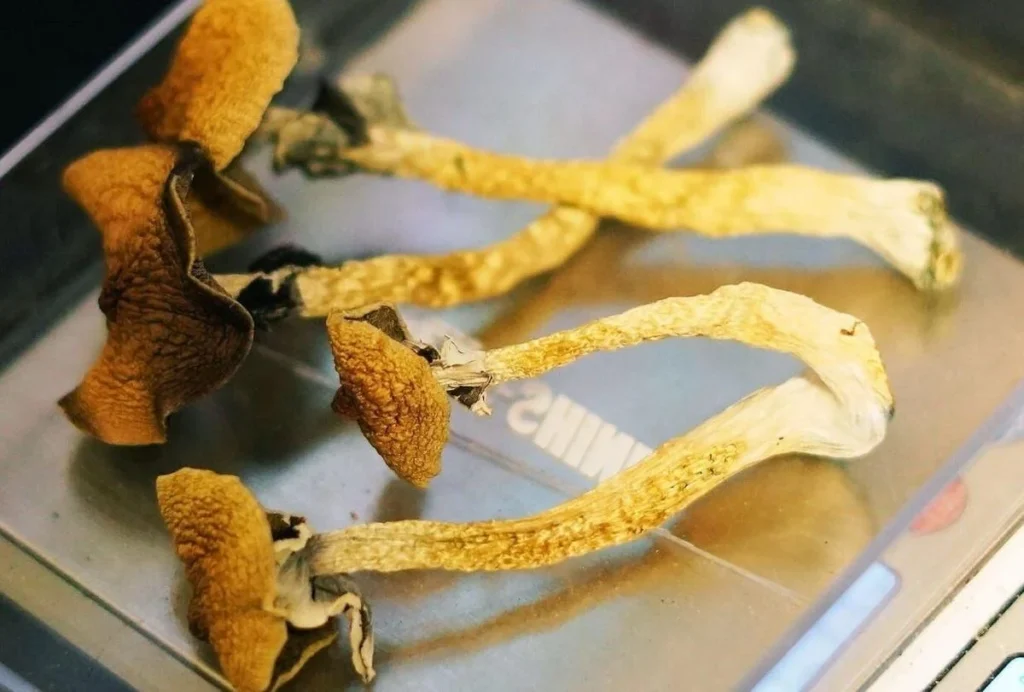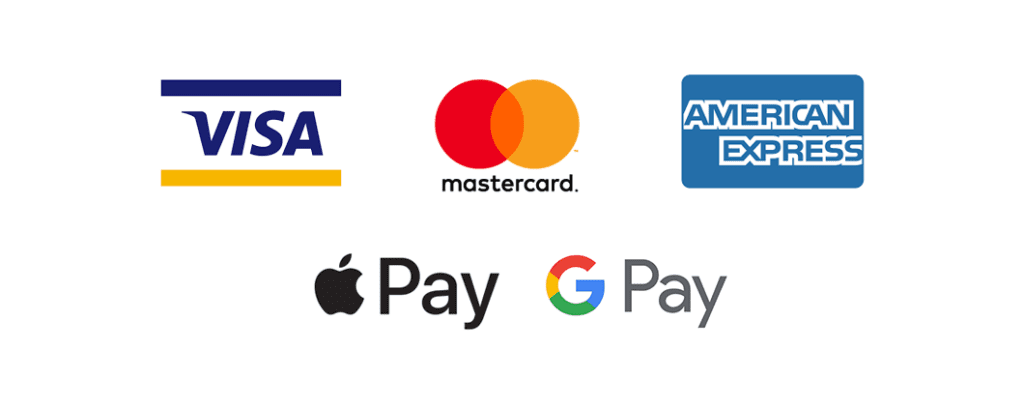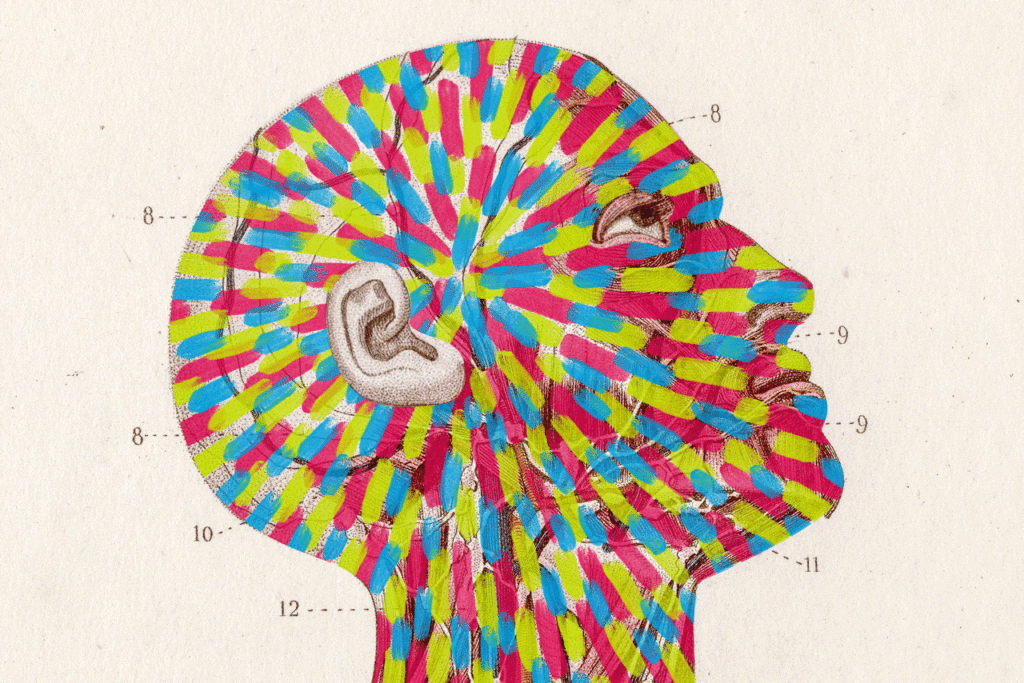
Attention-deficit/hyperactivity disorder (ADHD) is a common neurodevelopmental disorder that affects millions of people worldwide. It is characterized by symptoms such as inattention, hyperactivity, and impulsivity. While there are various treatments available for ADHD, some people may not respond well to traditional medications or therapies. In recent years, there has been growing interest in the use of psilocybin, a psychoactive compound found in certain mushrooms, as a potential treatment for ADHD.
How Does Psilocybin Work?
Psilocybin is known to interact with serotonin receptors in the brain, which are involved in regulating mood, cognition, and perception. Psilocybin can produce altered states of consciousness, including changes in sensory perception, thought patterns, and emotional experiences. These effects may be due to psilocybin’s ability to increase the activity of certain neural networks in the brain, which may lead to improved brain connectivity and communication.
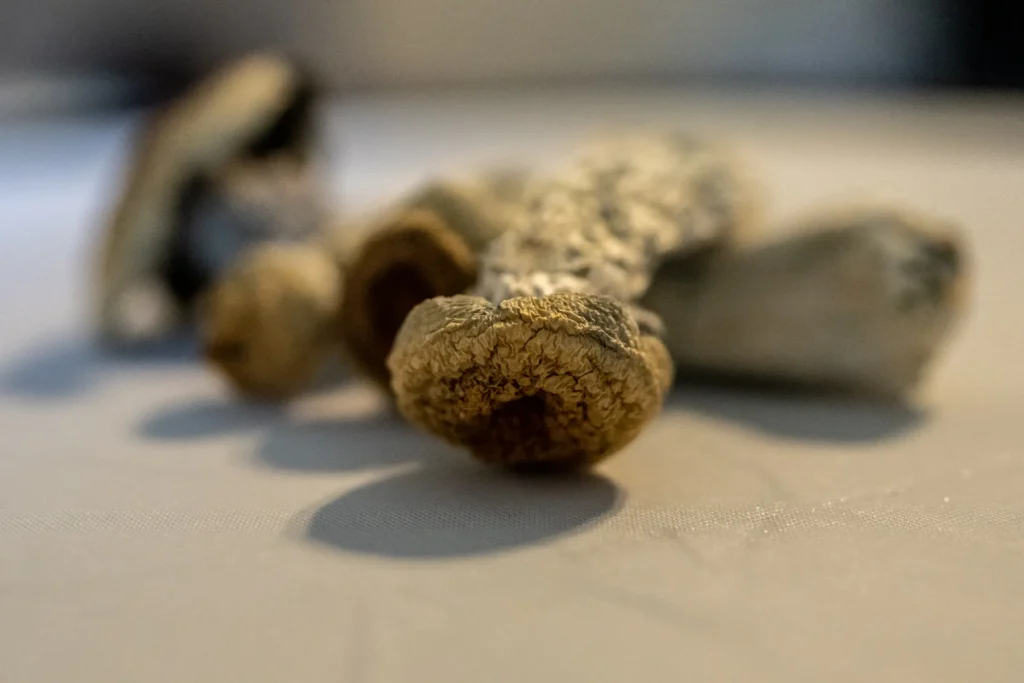
Psilocybin’s Effect on Neuroplasticity and the Default Mode Network
Psilocybin has been found to increase neuroplasticity and promote synaptogenesis. By doing so, it may help improve cognitive functions such as attention and focus, which are often impaired in individuals with ADHD. This enhancement of neuroplasticity and synaptogenesis can potentially create lasting changes in the brain, making psilocybin a promising candidate for long-term ADHD management.
The default mode network (DMN) is another area of interest when studying the effects of psilocybin on ADHD. The DMN is a network of brain regions that are active when the mind is at rest or engaged in self-referential thinking. It has been linked to mind-wandering, daydreaming, and a lack of focus. Research has shown that individuals with ADHD often have an overactive DMN, which may contribute to their difficulties with attention. Psilocybin has been found to reduce the activity of the DMN, potentially helping to increase focus and attention in those with ADHD.
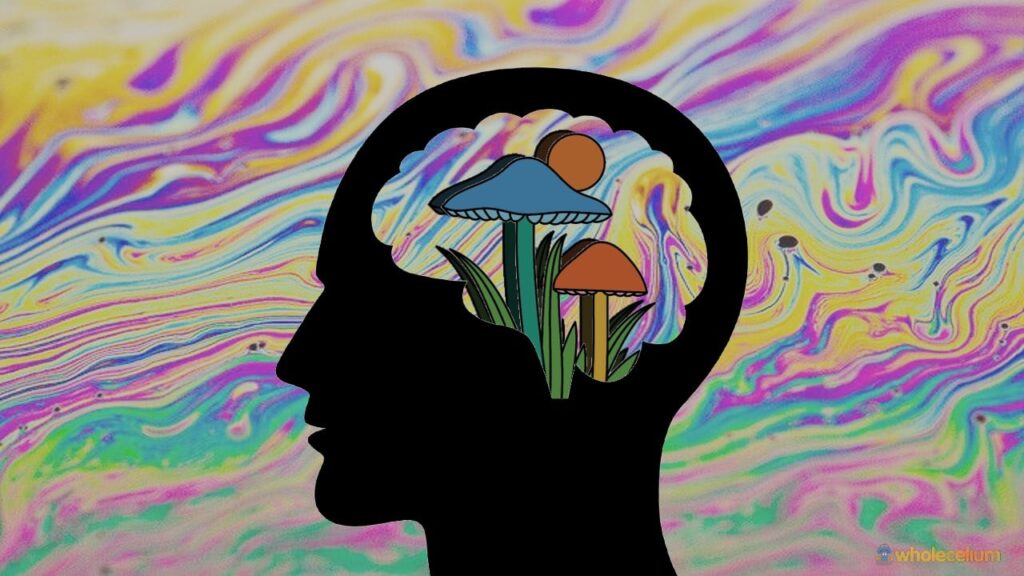
Benefits Of Psilocybin For ADHD
There are some studies that suggest that psilocybin have potential benefits. For example, a study published found that psilocybin improve cognitive flexibility and creative thinking, both of which are impaired in people with ADHD.
Another study published found that psilocybin have antidepressant and anxiolytic effects in patients with treatment-resistant depression, which is a common comorbidity of ADHD. The study also found that psilocybin increased activity in the default mode network, which is involved in self-referential thinking and mind-wandering, suggesting that it may improve introspection and self-awareness.
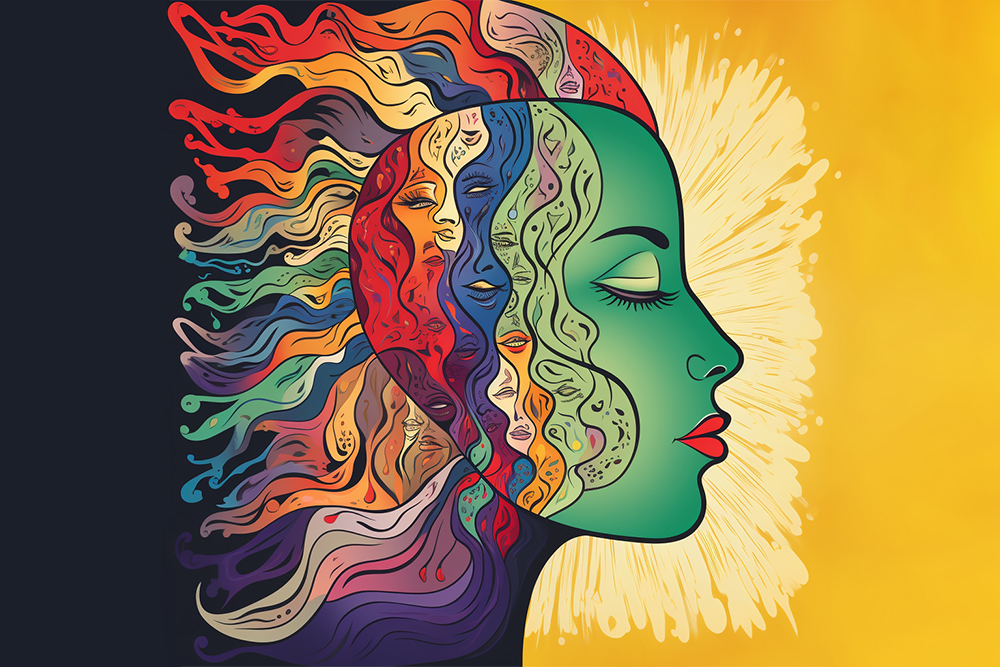
What ADHD symptoms are improved with psilocybin?
Anecdotal information suggests that Psilocybin help with symptoms like:
- Distractibility
- Impulsivity
- Hyperactivity
- Irritability, impatience
- Restlessness
- Emotional dysregulation
- Mood swings
*Some findings suggest that microdosing for ADHD returns better results than macrodosing.
Conclusion
Psilocybin (found in “magic mushrooms” or “shrooms”) is quickly gaining prominence as a potential treatment for mental health conditions like depression , PTSD and ADHD.
